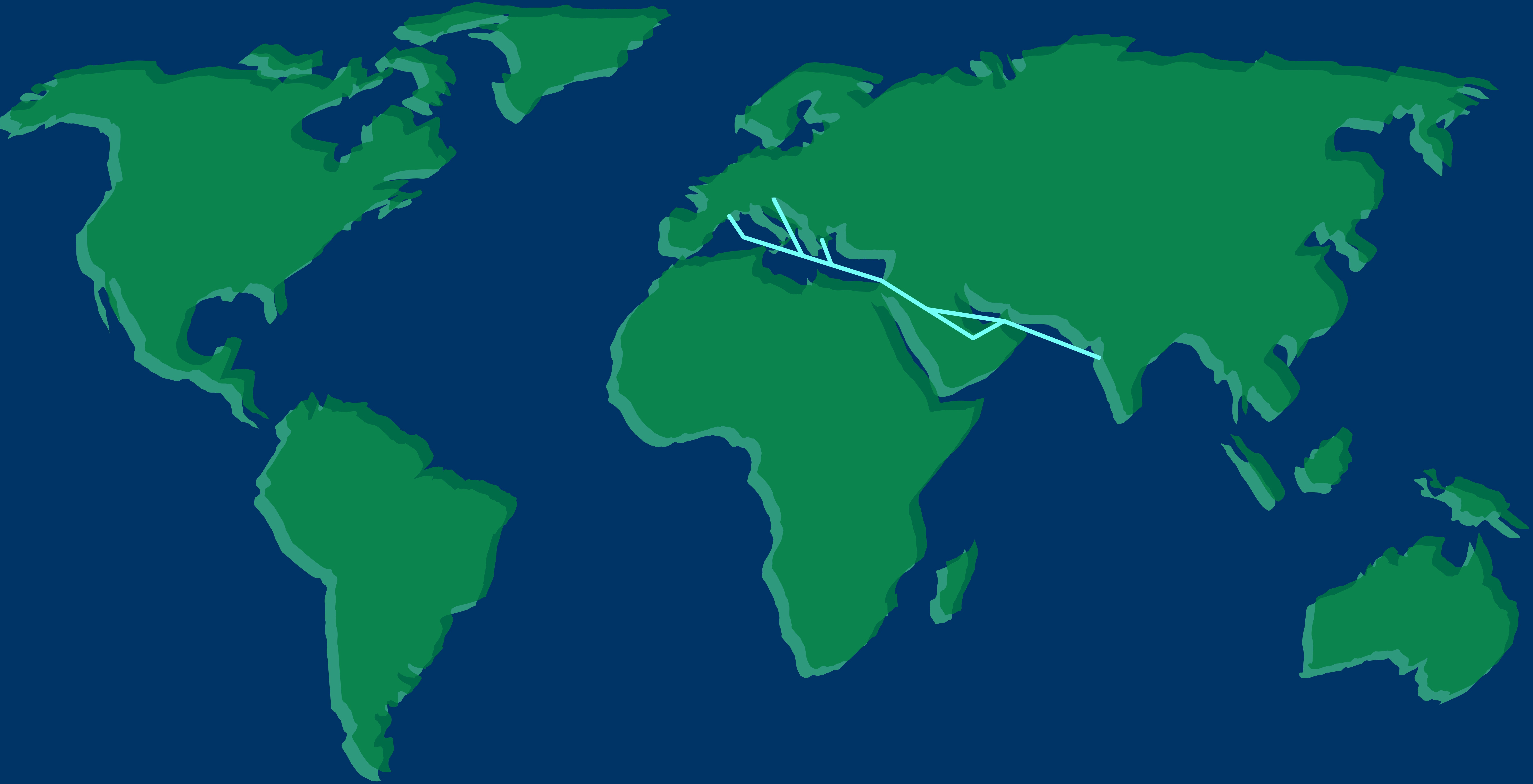Тим Пупин Иницијативе
Извештај о мисији утврђивања чињеница Пупин Иницијативе на Косову
Срби на Косову суочавају се са искључивањем, узнемиравањем, одузимањем имовине и економским притисцима, уз претње културном и верском идентитету.
Верска слобода под претњом: Манастир Високи Дечани, који има велики културни и духовни значај, суочава се са незаконитом експропријацијом, административним препрекама и онемогућен је у извођењу основних радова на одржавању и обнови. Сличне препреке доживљавају и друге српске православне цркве – на пример, црква Светог Николе у Призрену, где је при покушају санације претила претња хапшењем радника.
Системско искључивање из институционалних процеса: Упркос Бриселском споразуму који предвиђа интеграцију, Срби су често маргинализовани у локалној управи, чак и у срединама где чине значајан део становништва. Такав дисбаланс ствара непријатељско окружење, што је довело до оставки српских полицајаца и додатно продубило јаз између заједница. Влада Косова занемарује потребе и ставове српске заједнице, што је најочигледније у искључивању Срба из процеса одлучивања који директно утичу на њихов живот.
Напади на српску културу и идентитет: Српски уџбеници се морају кришом уносити на Косово, а они који буду ухваћени ризикују хапшење под оптужбом за ширење мржње. Ограничења за српске културне догађаје и спортске активности додатно удаљују заједницу, док су српска гробља, посебно на југу Косова, често мета вандализма. Српски национални симболи се уклањају или уништавају од стране приштинских власти, док су албански симболи чешће заступљени од самих симбола Косова.
Јако присуство полиције ствара атмосферу страха: Појачано присуство полиције у српским срединама, често описано као „окупационо“, доводи до распрострањеног осећаја страха. Заступљени су извештаји о агресивним акцијама специјалних јединица, укључујући произвољна претресања, задржавања и уништавање имовине. На пример, санитарне инспекције у српским угоститељским објектима врше се под пратњом наоружаних јединица, што више застрашује него што служи јавном здрављу. Косовска полиција користила је прекомерну силу у више наврата, укључујући и случајеве усмерене према актуелном министру спољних послова Србије. Надзорне камере у северној Митровици и бројне полицијске станице и контролни пунктови доживљавају се као начин контроле српске заједнице.
Институционално искључивање и притисци: Косовске институције често не обезбеђују основне услуге Србима или их активно ометају прекомерном бирократијом. Одбијање сарадње са Поштом Србије довело је до потпуног прекида поштанских услуга за Србе. Затварање српских банака, без интеграције у финансијски систем Косова, озбиљно је нарушило и пословне и личне финансије. Косовске власти наметнуле су и нереалне трошкове комуналних услуга, ретроактивно наплаћујући деценије воде са надуваним износима које ниједна српска породица не може да плати.
Честа узнемиравања продубљују осећај страха: Слобода кретања је ограничена доминантном атмосфером страха, са честим провокацијама према Србима на јавним местима, укључујући пијаце и продавнице. Срби су изложени вербалним и физичким нападима, а током 2024. године забележено је 80 случајева физичког насиља, што додатно појачава осећај несигурности и изолације.
Кршење својинских права: Српска имовина често се експроприше без законског поступка или накнаде. Земљиште се често одузима ради изградње полицијских станица или других државних пројеката. Експропријације се дешавају и у урбаним срединама, где се српски станови и локали под сумњивим околностима преносе у власништво Албанаца.
Привреду у српским срединама Курти системски уништава: Привредна активност у српским срединама гуши се циљаним мерама, као што је забрана увоза српске робе, што је довело до затварања великог броја малих предузећа. У Северној Митровици затворено је 52 од 254 предузећа, а још 48 је пред затварањем. Економско гушење угрожава предузетништво и приморава грађане да купују у Рашкој, што додатно смањује локалну економску активност. Одсуство финансијских услуга и одбијање приштинских власти да издају дозволе за рад српским привредницима представљају кључне баријере за економски опстанак заједнице.
Косовска економија такође трпи због потеза власти: Одбијање премијера Куртија да води конструктиван дијалог и употреба популистичких мера успорили су економски развој и допринели порасту емиграције младих. Трговинске баријере довеле су до веће инфлације и раста трошкова живота, што највише погађа најрањивије слојеве становништва.
Тиха етничка трансформација српских средина: Срби на Косову готово унисоно Куртијеве мере доживљавају као покушај да се приморају на одлазак тако што им се живот учини неподношљивим. Све интеракције са институцијама се свесно чине сложеним, скупим и исцрпљујућим, док Албанци добијају помоћ и од Приштине и од исламских организација како би се доселили у српске средине, куповали некретнине и отварали послове.



